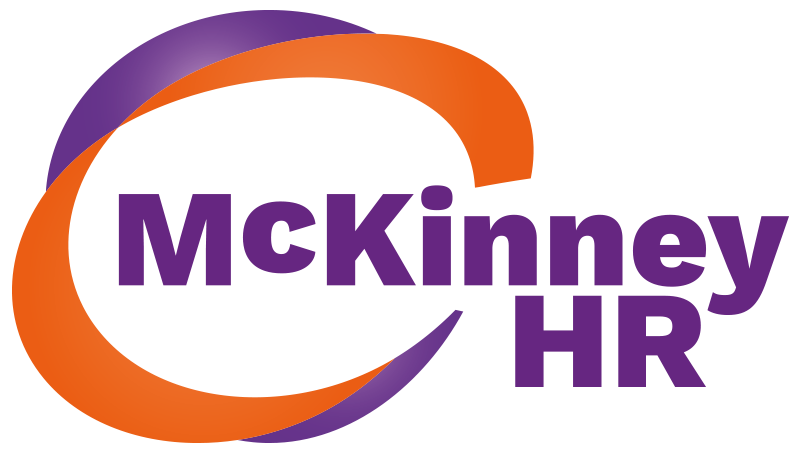Invisible Disability – ME/CFS and Work – What you Need to Know
There is limited knowledge in workplaces abut ME/CFS yet this condition impacts on 250,000 people in the UK.
This article is intended to provide a summary of information on the condition as it impacts on the workplace
Please do get in touch if you’d like to chat
support@mckinneyhr.co.uk
What is ME/CFS ?
ME (Myalgic Encephalomyelitis) also called CFS (Chronic Fatigue Syndrome) is a long-term fluctuating health condition characterised by persistent and fluctuating symptoms of fatigue, pain, cognitive difficulties and loss of endurance to normal activities.
It’s like your body battery constantly running on empty!
This means that in most cases someone with ME is covered by the Equality Act 2010, meaning that employers should look at making reasonable adjustments to enable someone with ME to remain at work where possible.
Around 250,000 people in the UK have ME with 2.4 as many women affected as men.
Those with mild ME will be able to work, however they will likely have stopped social and leisure pursuits to enable them to do so and may require reasonable adjustments to maintain attendance.
Those with moderate ME may be able to work with adjustments, however some may have given up work.
Those in the severe category (a quarter of all those with ME) and will be unable to work.
Considerations
- Many people with ME experience a lack of understanding from others and sometimes stigmatising views or discriminatory barriers.
- A diagnosis of ME brings uncertainty about symptoms and recovery. This can be a particularly difficult experience and be even more complex in the context of work-related issues.
- There are currently no cures for ME however there are ways to help manage the illness.
- Diagnosis can take some time as clinicians need to ensure that other illnesses are ruled out.
- Individuals’ experience of ME varies widely and there is no one single presentation in terms of symptoms, their impacts and the strategies used to cope with them.
- Each employee will therefore come with their own unique experience of life with ME.
- Because this is a fluctuating illness the employee may be able to undertake a piece of work one day but find it harder the next day.
- ME/CFS clinics are not available in all health boards/trusts meaning that clinical support for the employee is variable.
Managing the Illness
- Sleep management and rest and relaxation are critical.
- Individuals may have other symptoms besides fatigue etc. which they may be able to get clinical support with.
- Each person is encouraged to develop an understanding of their balance between activity and rest, called PACING, and be supported to share this with those around them so they can be supported as needed.
Workplace Support through Reasonable Adjustments
Adjustments can be applied to:
- The recruitment process
- Where, when and how much a person works
- Aspects of the workplace environment
- Work duties, how they a carried out and how colleagues work with the disabled person
- Support or equipment to enable the disabled person to carry out their job
- Policies and procedures used
Lived Experience
We undertook a poll amongst a group of those with lived experience of ME and over 2,000 individuals responded to it.
We asked what reasonable adjustments they would find helpful either currently or to have sustained them in employment.
The top five adjustments were as follows:
 
- Flexible working
- Working from home
- Regular breaks to support PACING
- Reduced hours
- Support from Manager
A number of other suggestions were made including: referral to OHS, Desk/Chair to reduce strain, reduce workload when needed, space to rest when needed, supportive culture, bed desk for home, adjusted absence triggers, shouldn’t need to take leave for medical appointments, adjustments to work tasks, less stress, support to leave with dignity.
References:
The following resources were used to write this article.
Both websites contain some really useful information relating to ME/CFS
https://www.actionforme.org.uk/uploads/pdfs/employers-guide-to-me-booklet-2016.pdf
https://meassociation.org.uk/2022/10/comprehensive-guide-on-employment-issues-and-me-cfs/
